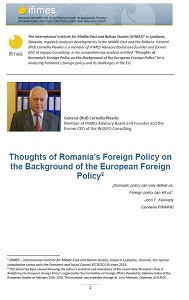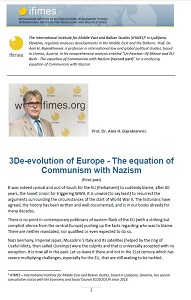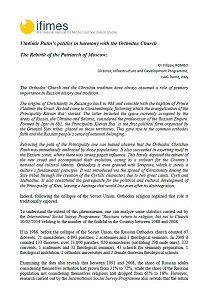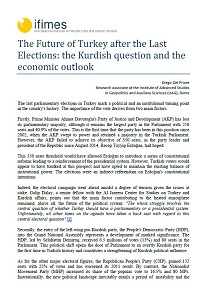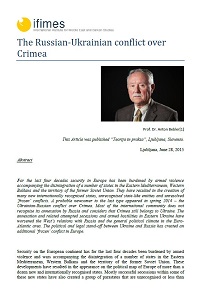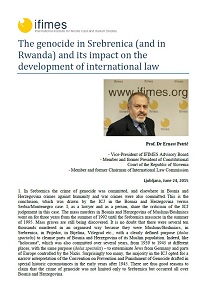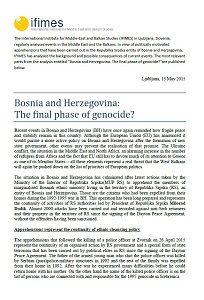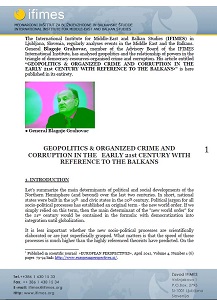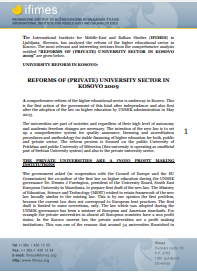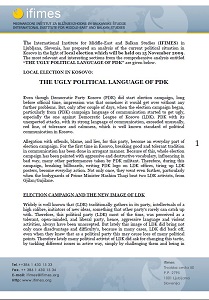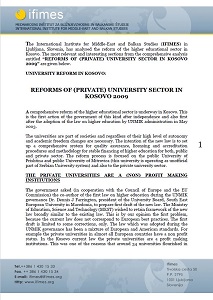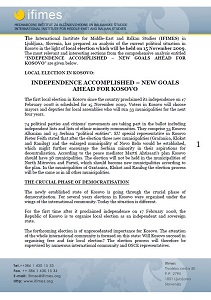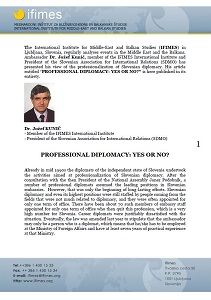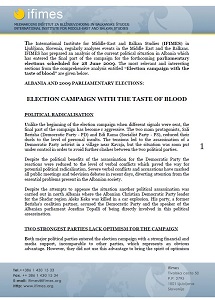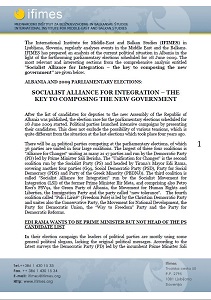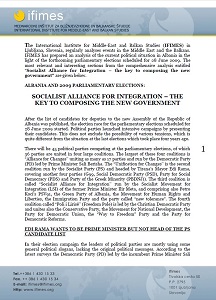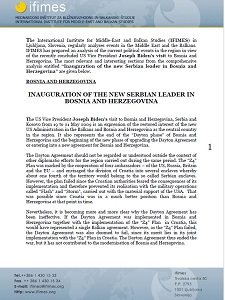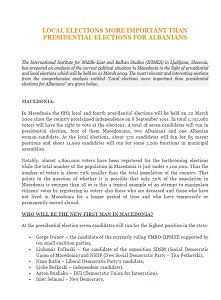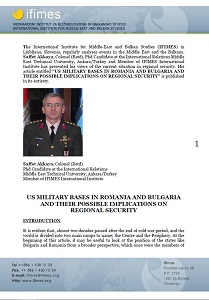
International scientific journal European Perspectives
International scientific journal European Perspectives
European Perspectives is a scientific journal that publishes original, peer-reviewed scientific articles focusing on relevant political, sociological, social, security, economic and legal as well as ethnic, cross-ethnic, minority and cross-cultural issues related to European and Euro-Atlantic integration process. European Perspectives covers a wide range of topics that are important for the countries of the Western Balkans on their way to the EU and form the basis of the accession negotiations (35 chapters). We also welcome papers focusing on regional integration processes especially in comparison with the Western Balkans or with experiences and lessons learned, useful for this purpose. The emphasis is also on promotion of young, not yet established authors. According to the mission and outreach of the Publisher – the Institute IFIMES (Special Consultative Status with ECOSOC since 2018), the journal publishes also articles on topics from around the world, provided they contain a useful lesson for the region of the Western Balkans and its European path.
More...
